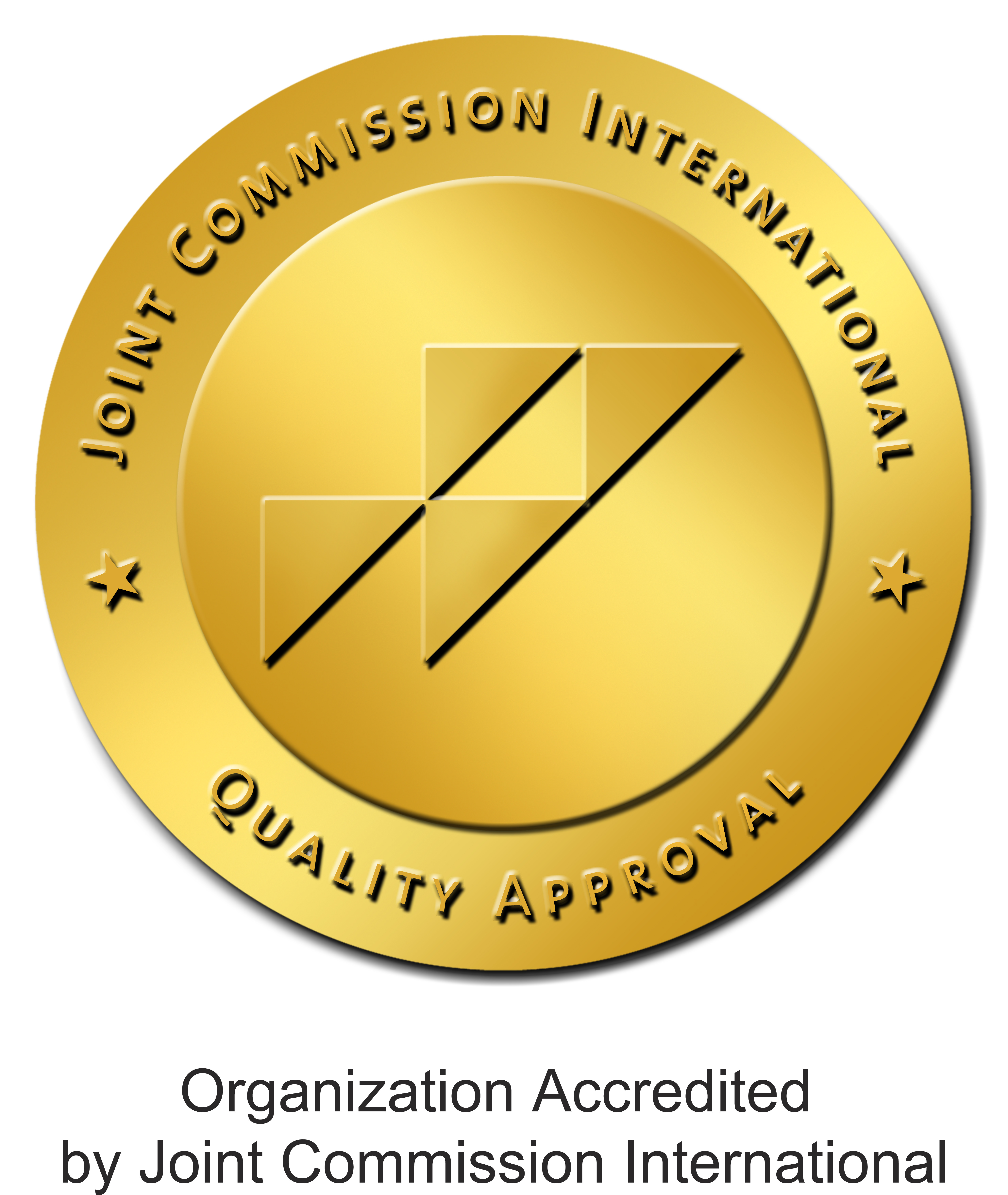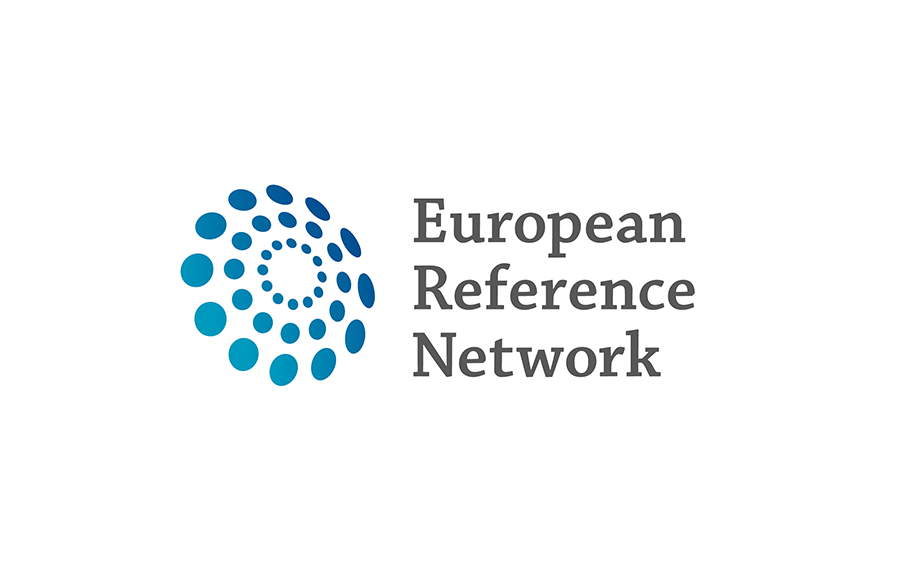Pathologies that can be potentially treated with hadrontherapy
Salivary gland tumours
Want to submit your case? Click HERE
Salivary gland tumours are rare neoplasms with variable malignant potential that account for less than 1% of all cancer diagnoses and about 5% of head and neck tumours.
Salivary gland neoplasms develop in the parotid gland in 80% of cases; 10%-15% occur in the submandibular gland and the remaining 5%-10% are found in the sublingual and in the minor salivary glands.
Salivary gland neoplasms can be either benign or malignant, in different percentages depending on where the tumour mass develops: if in the parotid gland, 20% of cases are malignant; in the submandibular area, the probability for malignancy increases to 50%, while in the sublingual gland and in the minor salivary glands, a malignant form has been found in 80% of cases. The clinical evolution of rarer malignant forms is often aggressive and distant metastases are probable.
There are different anatomopathological forms of salivary gland tumours: from adenomas (such as pleomorphic adenoma) to carcinomas (such as mucoepidermoid carcinoma, adenoid cystic carcinoma, adenocarcinoma and squamous cell carcinoma), up to sarcomas and lymphomas.
Salivary gland tumours can occur in people of almost any age, but they become more common as people get older. In clinical literature, there are rare cases of salivary gland tumours in children. This neoplasm affects both men and women without substantial differences, although a slightly higher incidence has been found in older men.
Causes of salivary gland tumours
Although the causes of salivary gland neoplasms have not yet been defined, there are some risk factors that could influence the development of these tumours, including:
- Previous presence of a benign tumour in the same area
- Exposure to radiation in the head and neck area, for instance, due to a previous radiation treatment, especially at a young age
- Prolonged exposures to metal dust (such as nickel), mineral dust (such as silicon) or radioactive substances
- A diet low in vitamin A and vitamin C
Symptoms of salivary gland tumours
In most cases, salivary gland neoplasms occur as an indolent mass located in the head and neck region.
In some cases, especially in malignant forms, the following symptoms may also occur:
- Local or regional pain
- Noticeable asymmetries
- Paresthesia
- Difficulty swallowing
- Causalgia
- Loss of motor skills
- Epistaxis
The symptoms listed above can be caused by many pathologies, so should these symptoms last for a long time, a doctor should be consulted.
Diagnosis of salivary gland tumours
In case of suspected salivary gland tumour, the specialist must examine the salivary glands in depth in order to discover the presence of any masses. It is also essential to specifically define the patient’s medical history.
Then, imaging tests are required in order to confirm the presence of the lesion, identify its anatomical location and determine its nature. Some of the imaging tests that can be used are:
- Echotomography (US)
- Sialography
- Magnetic resonance imaging (MRI)
- Positron-emission tomography (PET)
- Computed tomography (CT)
Finally, the specialist can prescribe a fine-needle-aspiration biopsy to confirm the nature of the mass.
Treatment of salivary gland tumours
The treatment of salivary gland neoplasms depends on the nature, location and extent of the tumour, and the patient’s general medical condition.
Usually surgery, in combination with radiotherapy, is the treatment of choice. Unfortunately, since this kind of tumour tends to spread along the neural pathways, surgery is not always enough to control the disease, with clinical presentations of particularly aggressive forms located near sensitive tissues. In cases where complete resection is not considered as treatment, hadrontherapy has proved to be particularly effective. The lower impact on healthy tissues, reduced side effects, and more protection of facial aesthetics make hadrontherapy the treatment of choice in the most complex cases.













